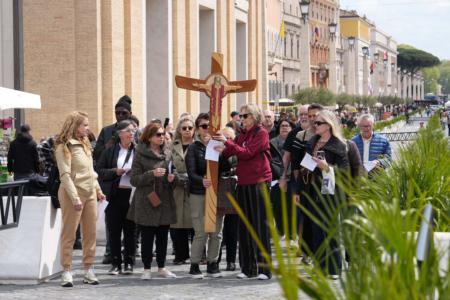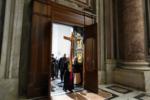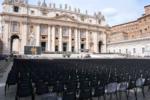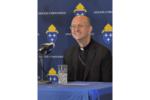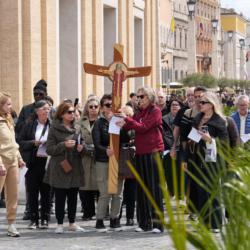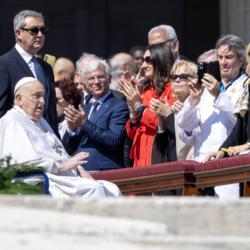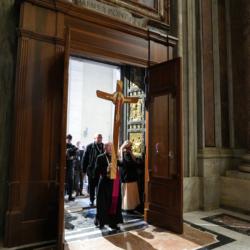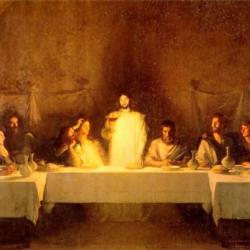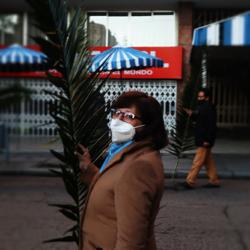Religious groups say new D.C. laws violate constitutional freedoms
WASHINGTON (CNS) -- Two new laws passed by the District of Columbia Council violate freedom of religion, speech and association, said members of several national and local groups, including the U.S. Conference of Catholic Bishops, in a Feb. 5 letter to Congress.
The letter urged Congress to protect religious freedom and freedom of conscience by disapproving the Reproductive Health Non-Discrimination Amendment Act of 2014 and the Human Rights Amendment Act of 2014 during the congressional review period for these laws.
The letter was signed by Anthony Picarello, USCCB associate general secretary and general counsel, and representatives from other organizations including the Archdiocese of Washington, the Archdiocese for the Military Services, The Catholic University of America, Alliance Defending Freedom, the Family Research Council, the Ethics and Religious Liberty Commission of the Southern Baptist Convention, and the National Association of Evangelicals.
Groups opposed to the Reproductive Health Non-Discrimination Amendment Act of 2014 said it prevents religious institutions, faith-based employers and pro-life advocacy organizations in the District of Columbia from making employment decisions consistent with "their sincerely held religious beliefs or moral convictions about the sanctity of human life."
The bill states that: "An employer or employment agency shall not discriminate against an individual with respect to compensation, terms, conditions or privileges of employment because of or on the basis of the individual's or a dependent's reproductive health decision-making, including a decision to use or access a particular drug, device or medical service, because of or on the basis of an employer's personal beliefs about such services."
The letter points out that the new law requires "organizations to hire or retain individuals whose speech or public conduct contradicts the organizations' missions," which not only violates First Amendment freedoms but also the federal Religious Freedom Restoration Act of 1993. RFRA, as the law is called, states that the government "shall not substantially burden a person's exercise of religion" unless that burden is the least restrictive means to further a compelling governmental interest.
The other new D.C. law, the Human Rights Amendment Act of 2014, requires religiously affiliated educational institutions to endorse, sponsor and provide school resources to individuals or groups that oppose the institutions' religious teachings regarding human sexuality.
"In doing so, the law violates the First Amendment and RFRA on similar grounds," the letter stated. "While we will continue to serve the city and the nation, we cannot surrender the constitutional freedoms that the framers of the U.S. Constitution rightly reserved to all of us."
Last summer, when the Reproductive Health Non-Discrimination Amendment bill was being considered by the District of Columbia Council, Michael Scott, director of the D.C. Catholic Conference and the director of public policy for the Archdiocese of Washington, called it "unjust and unnecessary" and said if the legislation passed it would "allow the city government to interfere within the local church's governance and operations."
The Catholic Standard, Washington's archdiocesan newspaper, said Scott testified against the bill during a June hearing, along with Cynthia DeSimone, the archdiocese's chancellor, who said the bill would "undermine the ability of religious employers to operate their organizations according to their religious beliefs."
Mayor Muriel Bowser has signed the measures, and the next step is a 30-day review period by Congress. The Washington Post reported early Feb. 6 that the they had not yet been sent to Congress. To overturn a D.C. law takes passage of a joint resolution by the U.S. House and Senate and the president's signature on it.
